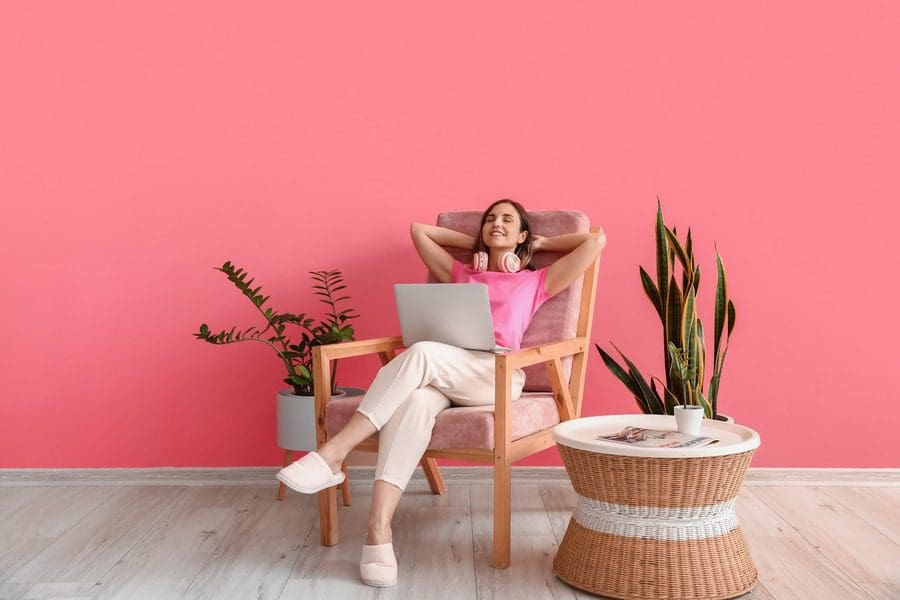In today’s consumerist world, owning and having more is often associated with success and happiness. But the truth is: Material possessions only bring temporary pleasure. Once we obtain something new, the initial excitement quickly fades away, and we find ourselves searching for the next thing to fill the void.
Enter minimalism, a movement that encourages living with less and simplifying your life. It’s a lifestyle that focuses on experiences rather than things and values quality over quantity. Minimalism is about making intentional choices and being mindful of what we bring into our lives. Minimalism has many benefits for both your physical and mental well-being. Here are some reasons why living with less can make you happier and healthier.
Can Reduce Stress and Anxiety
One of the primary benefits of minimalism is reduced stress and anxiety. It can feel overwhelming when we have too much clutter and too many possessions. We may spend a lot of time and energy maintaining and organizing our stuff instead of focusing on things that matter. By simplifying our lives and reducing our belongings, we can create a more peaceful and calming environment. We’ll have fewer things to worry about and be able to focus on the things that bring us joy and fulfillment.
More Time and Energy for Meaningful Experiences
When we live with less, we have more time and energy to focus on what truly matters. We have more time to spend with loved ones, pursue passions and hobbies, travel, explore, and try new things without being weighed down by our possessions.
Improved Physical Health
Living with less can also have a positive impact on physical health. For example, when we have too much stuff, it can be difficult to keep our homes clean and tidy. This can lead to dust, mold, and other allergens that can negatively impact our health. On the other hand, minimalism creates a healthier environment, providing more space to move around and exercise.
Financial Freedom
Another significant benefit of minimalism is financial freedom. When we focus on experiences rather than things, we’re less likely to spend money on material possessions we don’t need or want. By living with less and being intentional with our spending, we can save money and create more secure futures. This results in having more spending money to invest in experiences such as travel, education, and hobbies.
Increased Mindfulness and Intentionality
Minimalism requires us to be more mindful and intentional with our choices. We have to think carefully about what we bring into our lives and consider the impact our decisions have on our well-being and the environment. Practicing mindfulness and intentionality makes it possible to become more aware of our habits and patterns of consumption. We can make choices that align with our values and priorities and have more meaningful and fulfilling lives.






